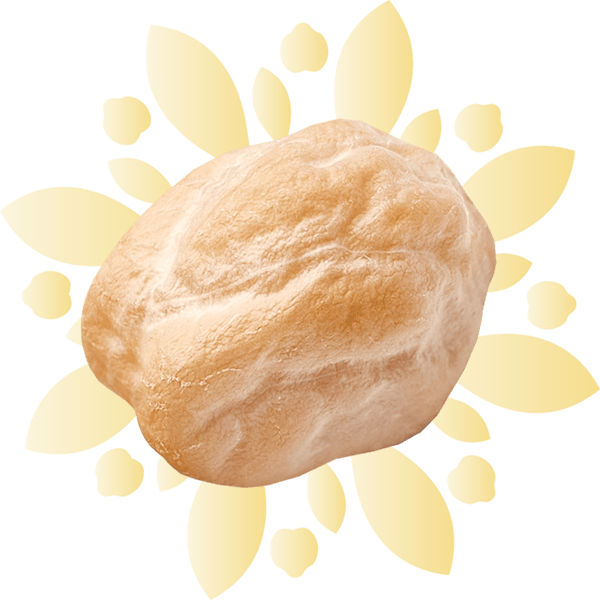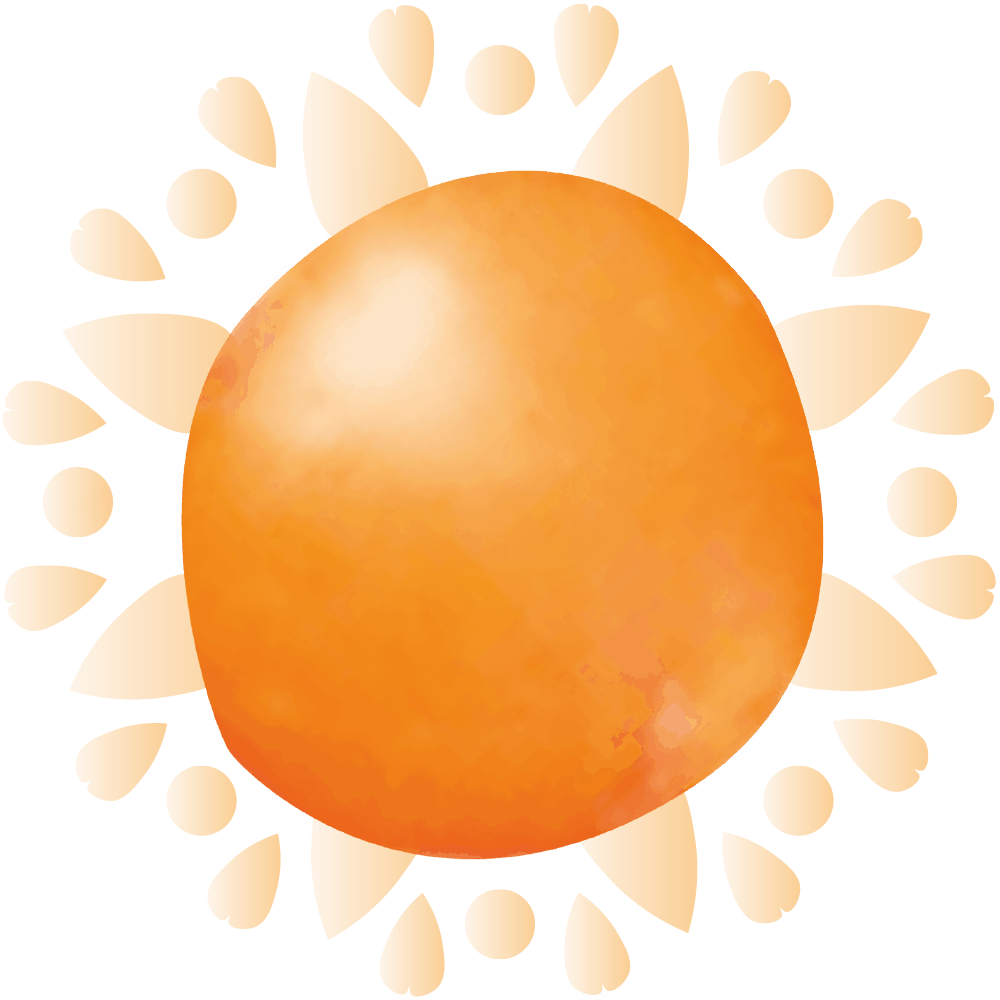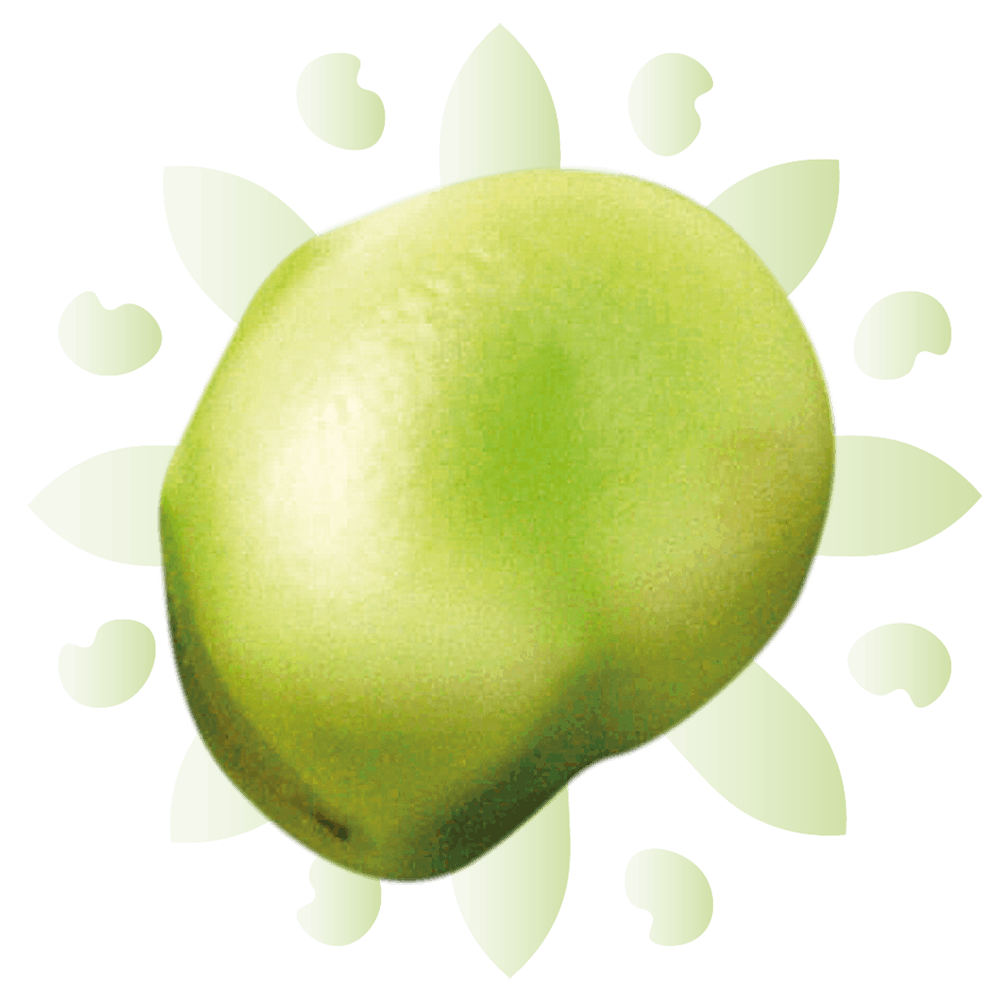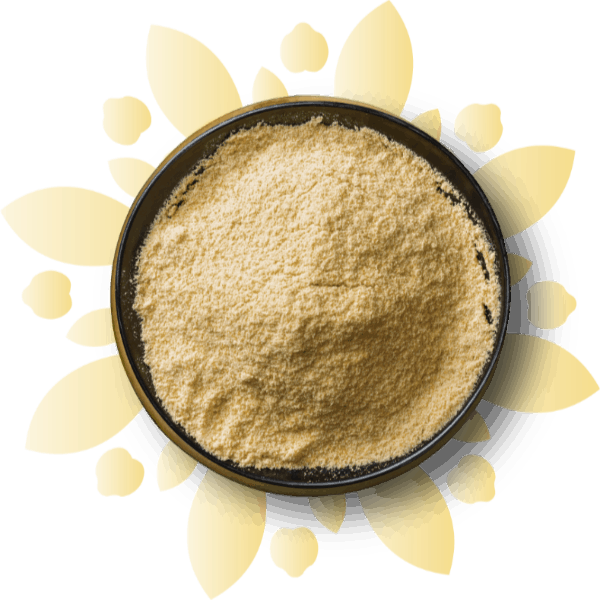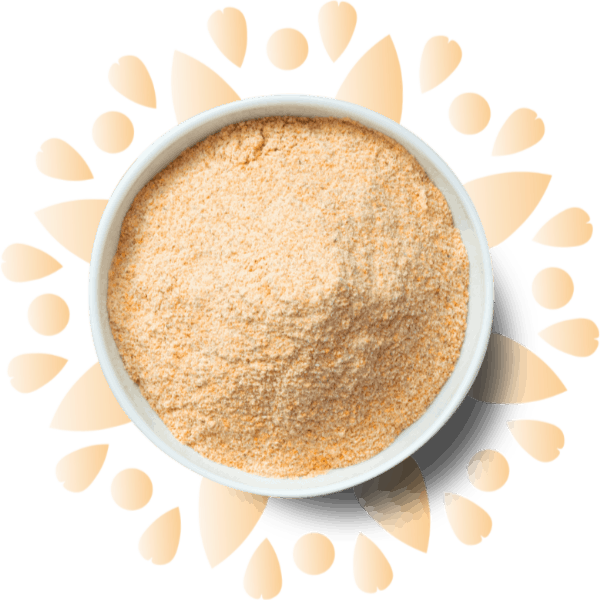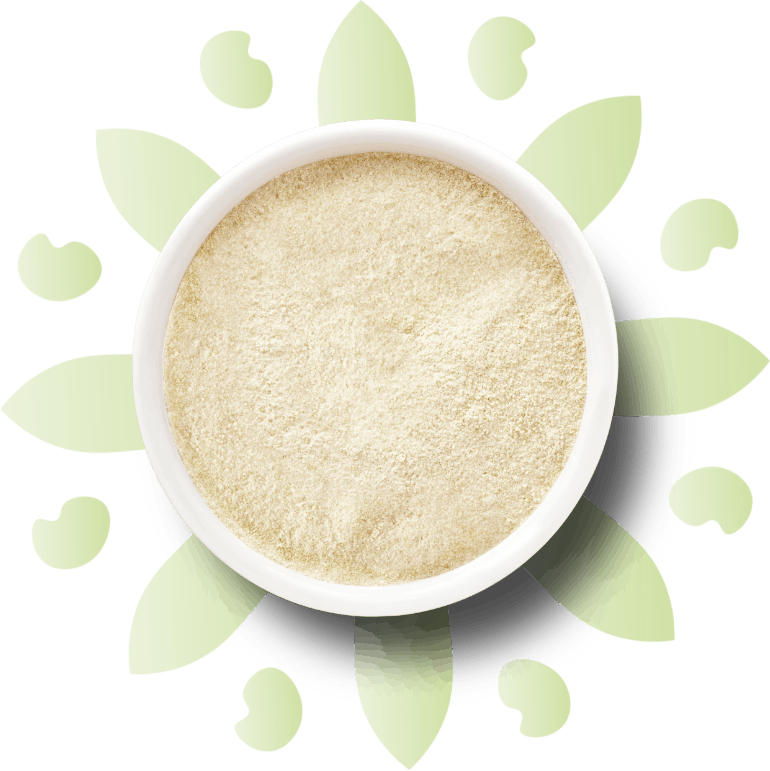Not only believed to be one of most climate resilient crops, fava beans are sustainable, packed with protein and good for your health. It’s time to get reacquainted with this legendary legume.
Fava beans are among the oldest cultivated crops in the world with a history stretching as far back as the Iron Age. It’s the third most important legume grain globally (after soy and pea) and remains a staple part of the diet in many regions of Asia, Africa, the Mediterranean and South America[1]. And now, this ancient bean has found a new modern relevance that’s attracting the attention of consumers, manufacturers and researchers alike. Let us tell you why.
Environmentally sound
When it comes to environmental issues, fava beans are largely seen as a force for good. Long used in crop rotation systems for their nitrogen fixing properties, they enrich the soil without the need for artificial fertilisers in a natural process that’s hugely beneficial for biodiversity, ground water quality and C02 emissions.
Fava beans also have a unique ability to thrive under almost all types of climatic conditions and soils. This makes them a potential homegrown source of healthy nutrition for many populations around the world and a promising greener alternative to the “environmentally taxing soybean[2].”
Alternative protein
Containing around 29% protein [3], these little beans pack a serious punch that rivals that of soy – but with the added benefit of recognised eco-credentials. This powerful combination resonates well with consumers, particularly those who are increasingly choosing to follow a vegan, vegetarian or flexitarian diet.
But that’s not all.
Good nutrition
Along with an impressive level of plant protein, fava beans are a rich source of dietary fibre and complex carbohydrates. They are also loaded with minerals, vitamins and bioactive compounds, such as total phenolics and flavonoids [4].
As such, fava beans are a positive addition to a balanced diet and offer a number of potential health benefits.
Good for your health
The importance of protein in the diet is well documented, as are the digestive[5] and heart health[6],[7] benefits of dietary fibre – both of which are found in abundance in fava beans. Perhaps less well known, however, is the positive role played by many of the other compounds found in these nutrient dense little beans.
- Levodopa (L-DOPA): A precursor to the neurotransmitter dopamine, a small number of early studies suggest that consumption of faba beans may help to relieve certain symptoms of Parkinson’s Disease[8],[9].
- Manganese & copper: Needed to maintain bone structure and strength, boosting levels may protect against osteoporosis and bone loss[10].
- Manganese & potassium: Studies have shown that a high dietary intake can help to relax blood vessels and lower (or even prevent) high blood pressure[11],[12].
- Iron: Increasing blood iron levels has been found to improve symptoms of anaemia caused by a dietary deficiency[13].
- Antioxidants: These compounds are a vital line of defence against cell damage and disease, so increasing activity may boost the immune system[14].
- Folate: Critical for promoting healthy foetal development, adequate intake in pregnant women can help to prevent birth defects[15].
The last word
And finally, we’d just like to add that ‘faba beans’ are the same as ‘fava beans’ – the variation comes down to historical linguistics and personal choice. And yes, they are also known as ‘broad beans’ but technically speaking, faba beans are the smaller variety of the Vecia faba L. species left to dry before harvesting.
Did we get your attention?
If you’re looking for a sustainable source of plant protein, we’d love to tell you more about what makes Atura faba bean protein so special.
